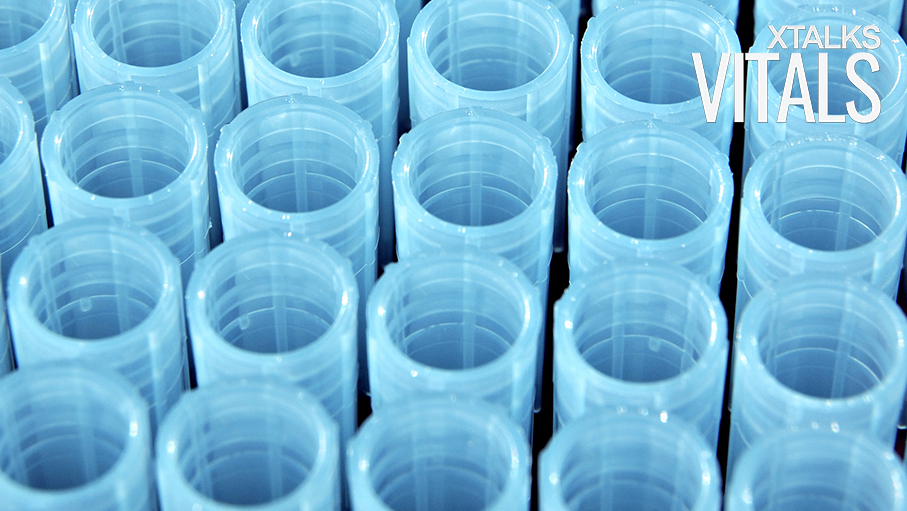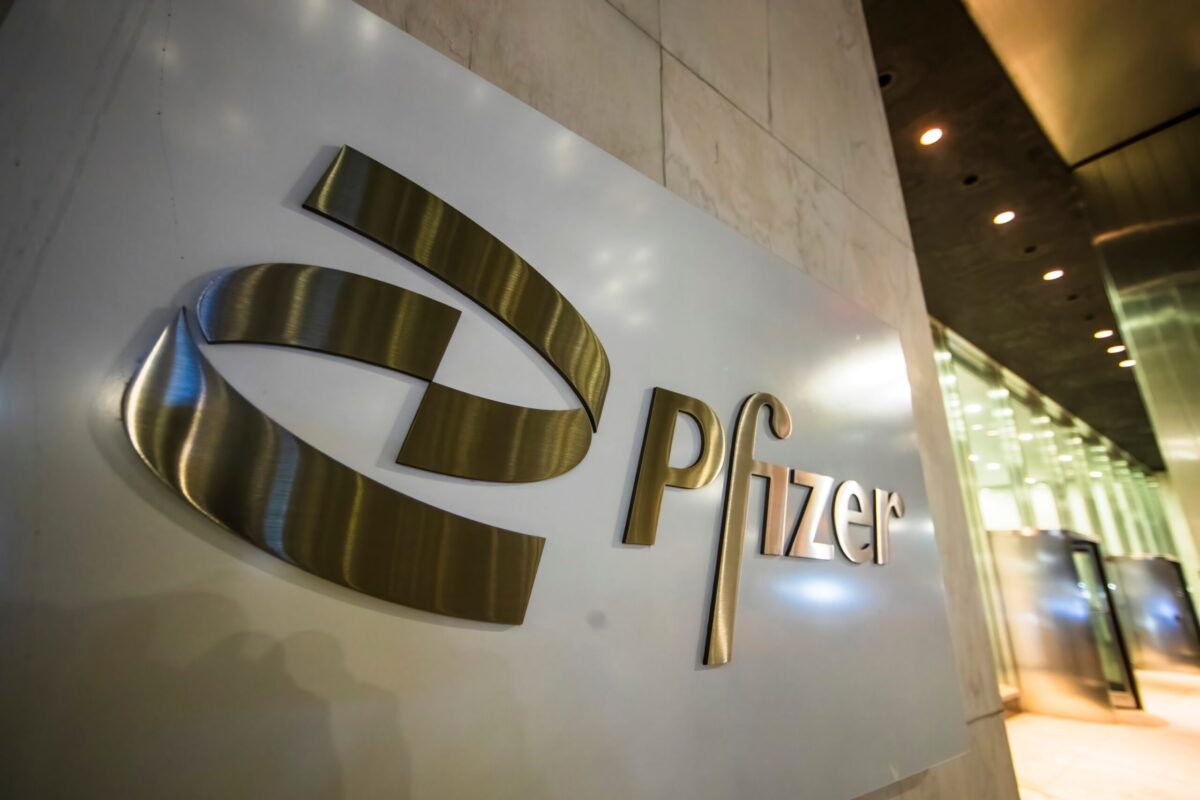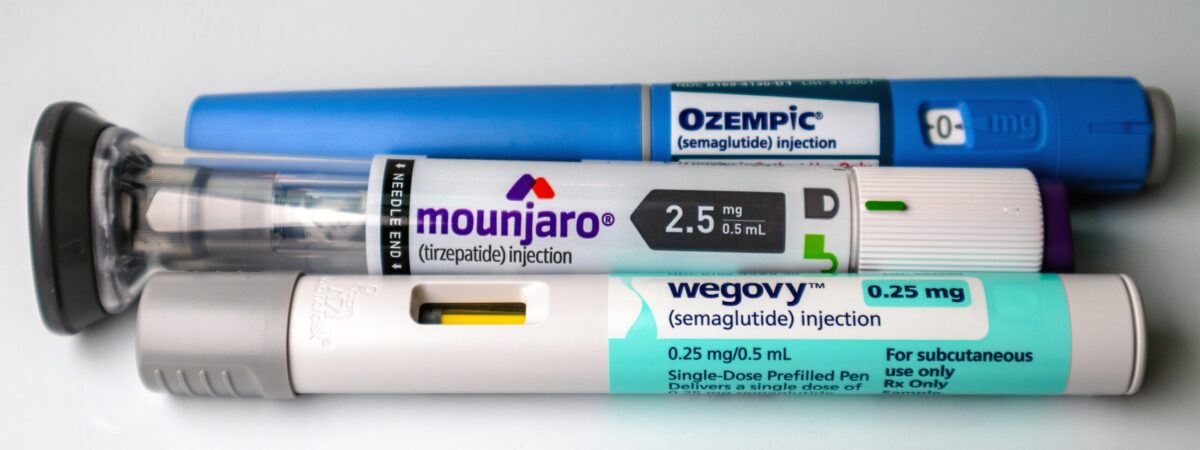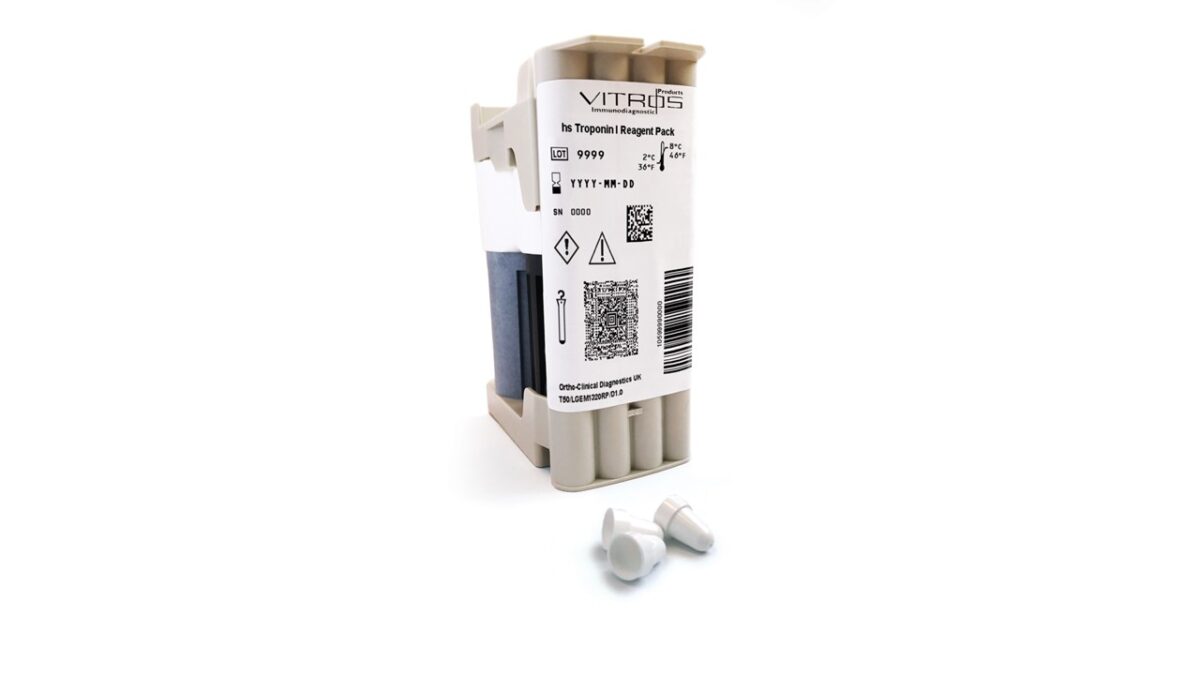San Diego-based sequencing company Illumina has announced they will be developing blood tests for early-detection of a wide range of cancers, before patients develop any symptoms. Illumina – currently the world’s largest sequencing company – says they expect the tests will cost less than $1,000.
In order to support the new venture, Illumina has created an offshoot company called GRAIL. The company has received more than $100 million in Series A financing for the new venture, including capital from Arch Venture Partners, Amazon founder and CEO Jeffrey P. Bezos, and Microsoft co-found Bill Gates.
“The holy grail in oncology has been the search for biomarkers that could reliably signal the presence of cancer at an early stage,” said Dr. Richard Klausner, a director of GRAIL. “Illumina’s sequencing technology now allows the detection of circulating nucleic acids originating in the cancer cells themselves, a superior approach that provides a direct rather than surrogate measurement.”
The MIT Technology Review featured an article on Illumina’s venture into cancer diagnostics, saying the technology is sometimes referred to as a “liquid biopsy.” The blood test uses high-throughput DNA sequencing to identify DNA biomarkers in a blood sample, which could be indicative of the presence of cancer cells.
The technique is sensitive enough to identify DNA fragments with potentially cancer-causing mutations long before a tumor would produce noticeable symptoms, or even be detected using an imaging machine. While Illumina didn’t develop the testing method, DNA sequencing technology has only now become inexpensive enough to make personalized cancer screening affordable.
Liquid biopsies are currently only used on patients with cancer that has been confirmed using other diagnostic methods. Results from the test are used to determine what treatment types might be most effective on the tumor.
Illumina will surely face some challenges in developing the test. First, the blood test must be able tell the difference between mutated DNA from moles and polyps – which can resemble cancer and confound results – and abnormal DNA from cancerous tumors. In addition, if cancerous DNA is detected, doctors must have the tools to be able to make predictions based on whether the cancer will progress, and what type of treatment – if any – should be administered.
“The hardest part is not only demonstrating the ability to detect cancer early, but being able to say this knowledge is in fact meaningful in terms of patient outcomes,” said J. Leonard Lichtenfeld, Deputy Chief Medical Officer of the American Cancer Society. “I can’t tell you how many times we’ve said, ‘Oh, all we have to do is find every cancer early and we would solve the problem.’ ”
Pathway Genomics introduced their liquid biopsy test – CancerInterceptTM Detect, priced at $699 – last year for early cancer detection. The company received some pushback from the US Food and Drug Administration (FDA), which issued a letter to the company claiming the product was being marketing without the necessary regulatory approval.
The next step for newly-established company GRAIL, is to perform extensive DNA sequencing on 30,000 to 50,000 individuals to identify mutations which could be used as biomarkers for cancer diagnosis. The company projects that the tests could be available by 2019.
Sources:












Join or login to leave a comment
JOIN LOGIN